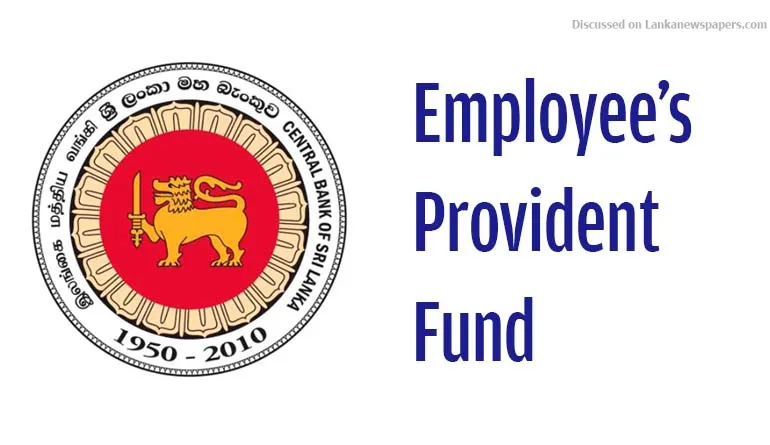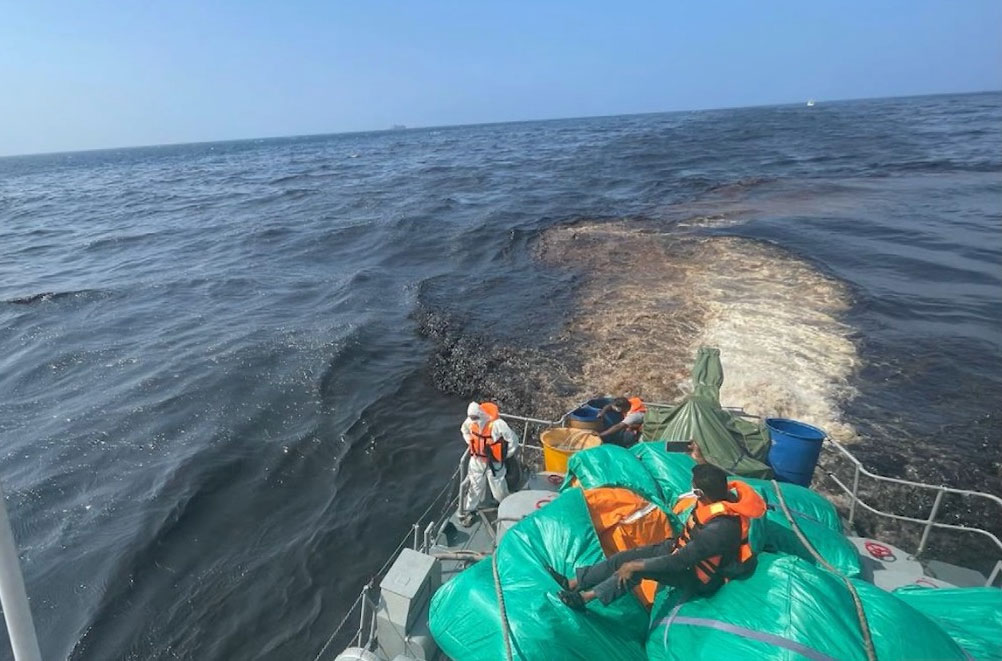
Business
- EPF has invested Rs.10.8bn in 7 private equity investments up to 2014
- Of that, Rs.9.3bn has not generated any returns to this date
- Only 2 investments in SriLankan Catering and West Coast Power have generated returns
- Largest investment made in Canwill Holdings, holding company of Grand Hyatt
Popular News

6 including 2 women arrested for illegal excavations in Puthukudiyiruppu
2025-12-15
General

School bus accident in Colombia kills 17, injures 20
2025-12-15
General

Nawalapitiya-Kandy main road reopens after 18-day closure
2025-12-15
General



